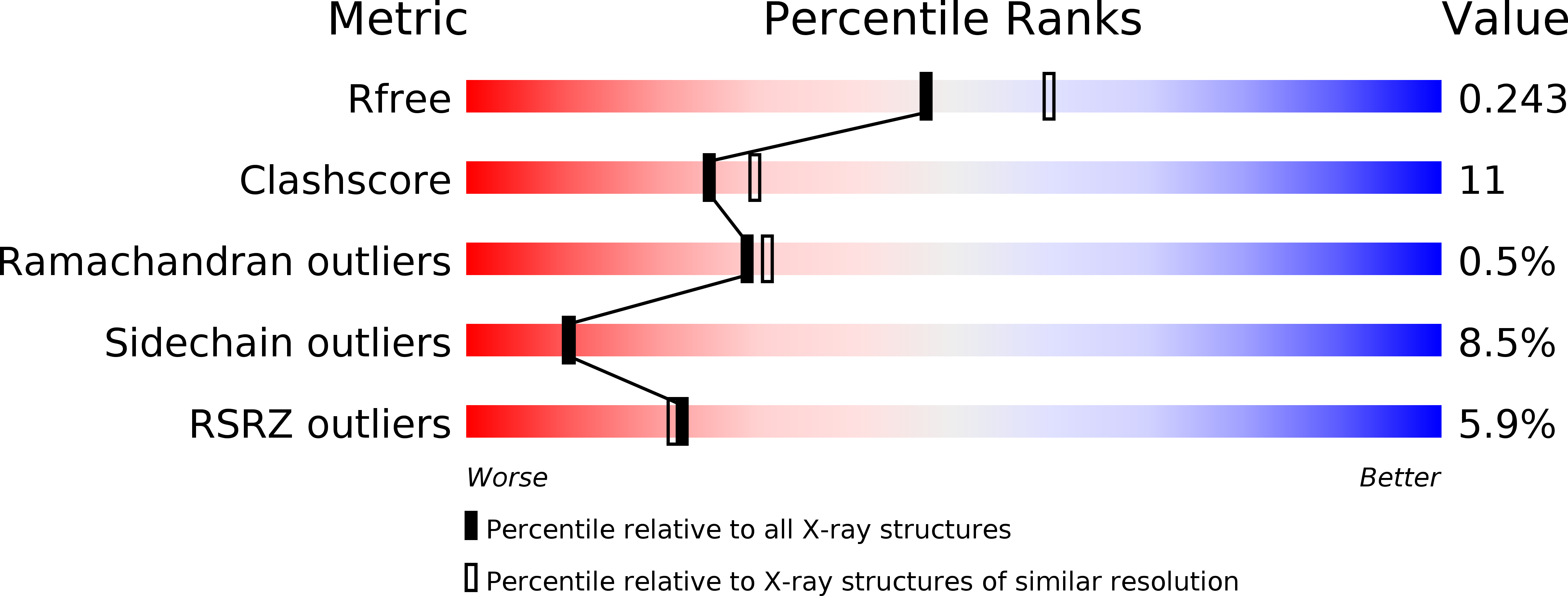
Deposition Date
2011-06-24
Release Date
2012-02-29
Last Version Date
2023-09-13
Entry Detail
PDB ID:
3SL9
Keywords:
Title:
X-ray structure of Beta catenin in complex with Bcl9
Biological Source:
Source Organism(s):
Homo sapiens (Taxon ID: 9606)
Expression System(s):
Method Details:
Experimental Method:
Resolution:
2.20 Å
R-Value Free:
0.24
R-Value Work:
0.19
R-Value Observed:
0.19
Space Group:
C 1 2 1


